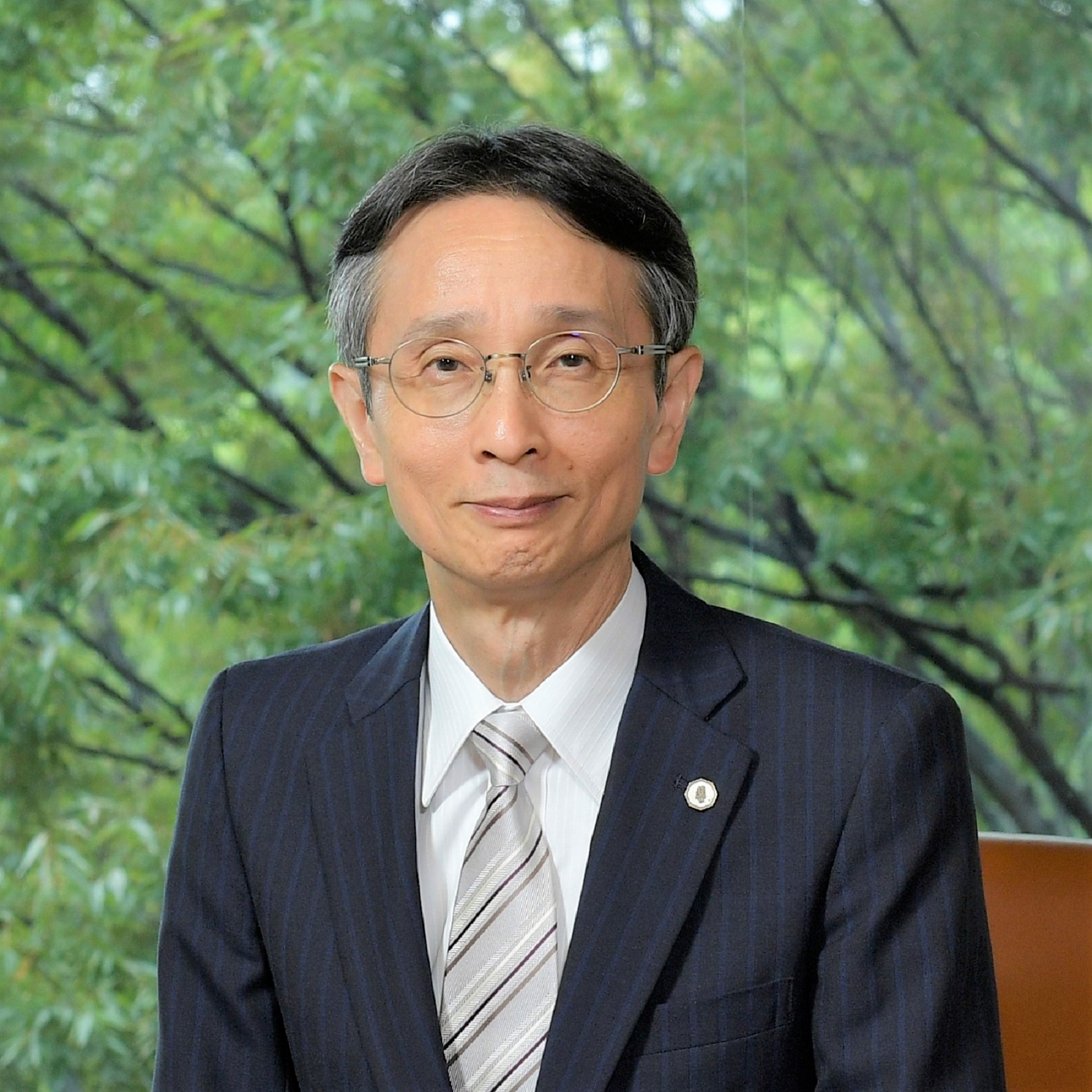IMASAKI Yukihiko
Chief Justice
IMASAKI Yukihiko
Date of Birth:November 10, 1957

Career
Education:
Graduated from Kyoto University, Faculty of Law in 1981
Qualification:
Appointed as a legal apprentice in 1981
Professional Career:
- 1983
- Appointed as a Judge, and then, assigned to Tokyo District Court, Criminal Affairs Bureau, Supreme Court, Second Southeast Asia Division, Asian Affairs Bureau, Ministry of Foreign Affairs, Embassy of Japan in the Philippines, Kyoto District Court, Judicial Research Official, Supreme Court
- 1995
- Judge, Judicial Research Official, Supreme Court
- 1998
- Judge, Tokyo District Court
- 2000
- Director, Second Division, Criminal Affairs Bureau, Supreme Court
- 2002
- Director, First and Third Division, Criminal Affairs Bureau, Supreme Court
- 2004
- Judge, Tokyo High Court
- 2004
- Professor, Legal Training and Research Institute
- 2008
- Director, Secretary Division and Public Information Division, Supreme Court
- 2010
- Presiding Judge, Tokyo District Court
- 2013
- Director-General, Criminal Affairs Bureau and Director of the Supreme Court Library, Supreme Court
- 2015
- Chief Judge, Mito District Court
- 2016
- Secretary-General of Supreme Court
- 2019
- President, Tokyo High Court
- 2022
- June 24, 2022 Justice of the Supreme Court
- 2024
- August 16,2024 Chief Justice of the Supreme Court
I was recently appointed Chief Justice of the Supreme Court. I expressed my thoughts upon assuming this office in my Inaugural Address(PDF:105KB)(August 16, 2024).
Motto, hobbies, etc.
Things to Keep in Mind as a Justice
I keep the following things in mind, not only as a Justice of the Supreme Court but more broadly as a judge.
- I try to humbly listen to the arguments of both parties and conduct trials based on a full understanding of their arguments. Court proceedings are basically based on allegations and evidence submitted by related parties, and judges never know the truth better than those parties.
- I used the expression "humbly" in the sense that I will be careful not to be self-righteous beyond the framework of trials.
- I think it important to develop an environment in courts where all participants can make statements without hesitation and to ensure that even small voices are surely heard.
Favorite Words
A quote from Julius Caesar, translated by SHIONO Nanami in her book titled "The Story of the Roman People" as "Most people only see what they want to see," is my favorite. The original saying is apparently "Men willingly believe what they wish." However I prefer the translation by SHIONO. People often refuse to listen to information that is not convenient to themselves or that they do not want to hear. This phrase can also be interpreted as a warning to suggest that we should squarely face unpleasant circumstances instead of avoiding them. It is rather difficult to adopt such a mindset, though.
Books that Left an Impression on Me
- I picked some books that I want to keep in my bookshelf forever, even after reading them, though I have forgotten much of their content as I read them long ago. Note that books by SHIONO are not listed here, as there are multiple works by her.
"Essence of Failure" (TOBE Ryoichi, et al.)
"The Century of the Emperor" (OSARAGI Jiro)
"Albert Ayler at the University of Tokyo" (History; Keywords) (KIKUCHI Naruyoshi, et al.)
"History of the Heisei Era" (YONAHA Jun)
"The Best and the Brightest" (David Halberstam)
- I also picked three books that I have read recently and that have inspired me. While these books have inspired me, it does not necessarily mean that I completely understand the content.
"Viewing the World in Terms of Mathematics" (OGURI Hiroshi)
"Techno-libertarian" (TACHIBANA Akira)
"What Are Prices?" (WATANABE Tsutomu)
Hobbies
I am not an interesting person, and I have no particular hobbies, but if I had to say, I do enjoy reading books and listening to music. I often listen to jazz, rock, and classical music, depending on my mood.
